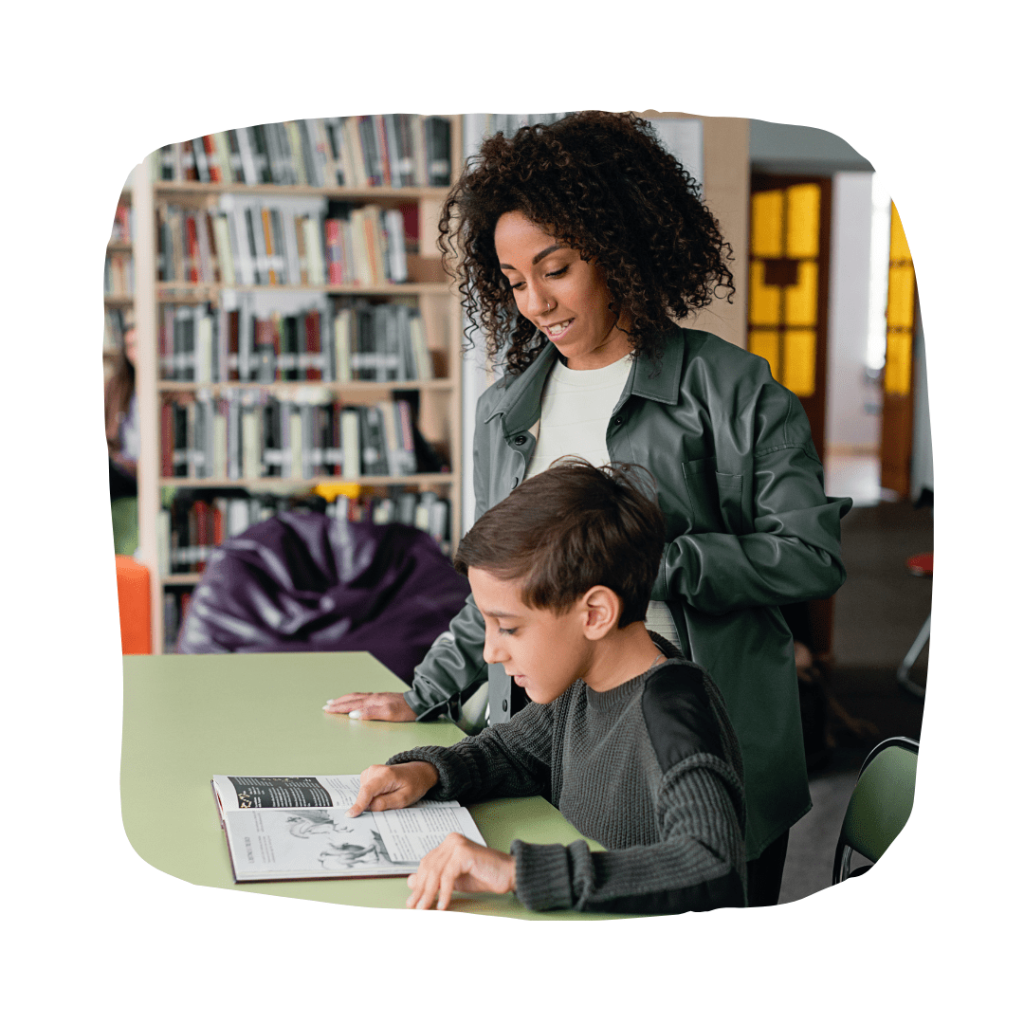Getting a new year started is always stressful when you have a child that requires additional support learning. That is why we developed a bundle of tools that will support parents with building a cooperative approach to relationships with educators.
We hope these tools help you foster a thoughtful mindset for you, your child and your child’s teacher.

Discussing ADHD with Your Child's Teacher:
Schedule a meeting: Request a meeting with your child’s teacher to discuss their ADHD symptoms, challenges, and how it may be impacting their academic performance and behavior in the classroom.
Prepare an overview of ADHD: Provide a brief explanation of ADHD to ensure the teacher understands the condition and its potential impact on your child’s learning and behavior. Offer educational resources if needed.
Share specific symptoms and behaviors: Clearly communicate the specific ADHD symptoms your child experiences and how they manifest in the classroom setting. Provide examples of situations where their symptoms may be more noticeable or challenging.
Discuss academic challenges: Talk about any specific academic difficulties your child faces due to ADHD, such as problems with attention, organization, following instructions, or completing assignments. Share any observations you have made regarding their academic performance.
Highlight strengths and strategies: Emphasize your child’s strengths and any strategies that have been effective in managing their ADHD symptoms. Collaborate with the teacher to identify strategies that can be implemented in the classroom, such as visual aids, modified assignments, or preferential seating.
Request accommodations: Discuss potential accommodations or modifications that could support your child’s learning and help them succeed in the classroom. This may include extended time for assignments, breaks during tasks, or access to assistive technology if applicable.
Establish open communication: Stress the importance of maintaining open lines of communication between yourself and the teacher. Exchange contact information and establish a regular check-in schedule to discuss your child’s progress and address any concerns.
Share relevant resources: Provide the teacher with educational materials or resources about ADHD that can help them better understand the condition and implement effective strategies in the classroom.
Encourage a team approach: Emphasize the importance of collaboration between you, the teacher, and any other professionals involved in your child’s care. Encourage open dialogue, sharing of insights, and a joint effort to support your child’s academic success.
Express appreciation: Thank the teacher for their time and willingness to work with you in supporting your child’s needs. Express your gratitude for their efforts in creating a positive and inclusive learning environment.
Download our worksheet packet:
Our ADHD live featured a worksheet packet full of learning resources for children with ADHD. We have several pages on conversation starters for speaking to educators, homework help (for both parents and teachers), and a useful sheet to help a child self assess helpful information for a new teacher to know about them. We hope these help you get of to a year full of growth and cooperation!

